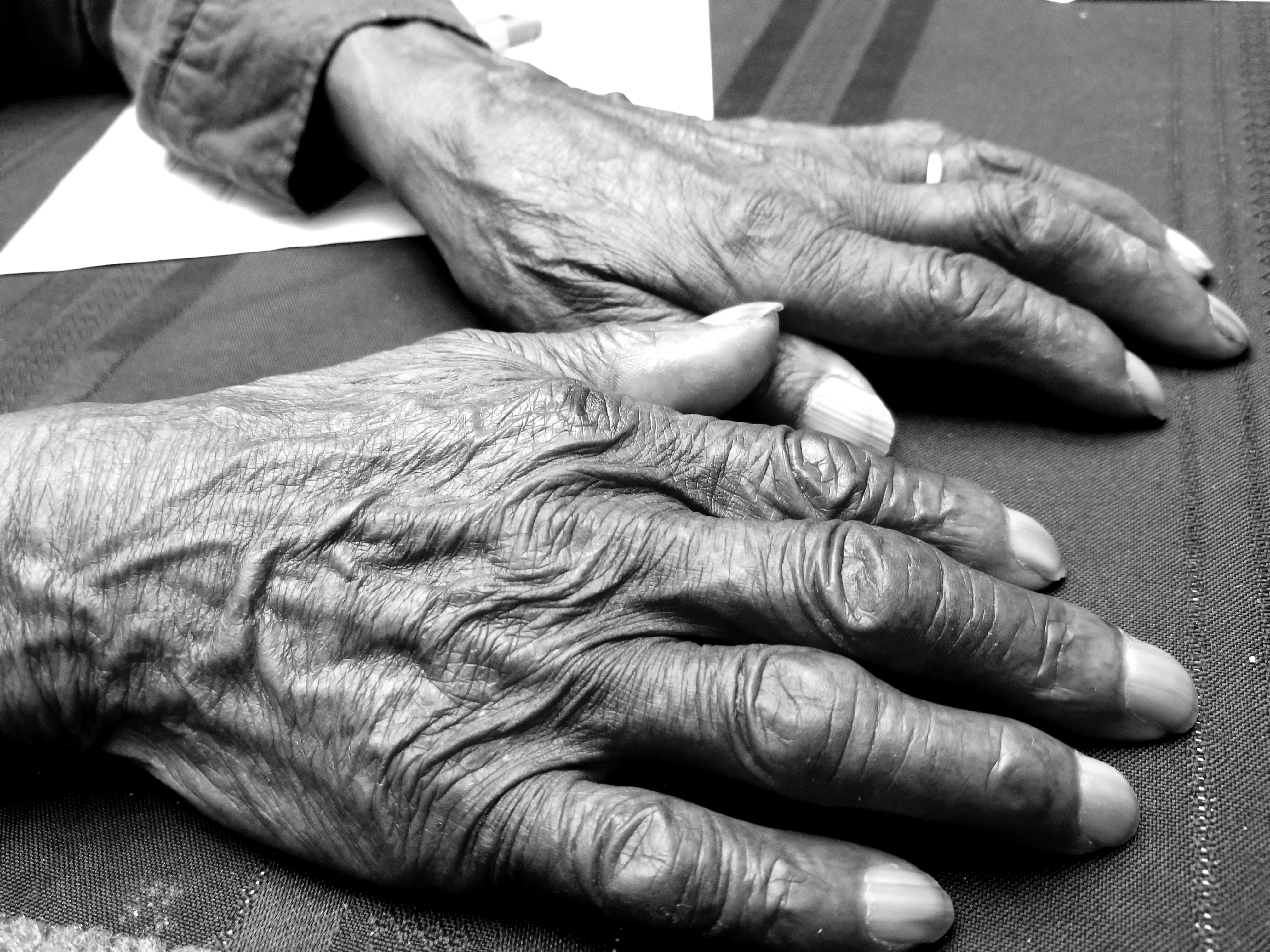As a medical and psychiatric visiting nurse for twenty-one years, there’s very little I haven’t seen or heard perched on the sofa or seated at the kitchen table with my patients.
Sickness is big business; it’s often a revolving door! Earning patient trust is a huge factor in establishing a rapport, especially when going into someone else’s home turf. Being judgmental and condescending doesn’t bode well! Being respectful is a no-brainer!!
The wide ranging diseases are acute and chronic. Many of my patients have struggled with mental illnesses including Alzheimer’s, schizophrenia, depression, bipolar disorder, PTSD and substance abuse. The most common physical illnesses are COPD, diabetes, A-Fib, hypertension, knee replacements, lymphedema and cellulitis.
“It truly is a privilege, the bulk of the time, to step into various homes crossing racial, age, gender, economic, cultural, religious and neighborhood barriers.”
But there’s always the other side of the coin. Some patients are rude, hostile and nasty. They are mad with the world and take it out on the low hanging fruit of nurses, aides, physical therapists, occupational therapists and social workers– the very people who are there to help them and often the only people they see regularly.
However, most of my patients are kind, appreciative and receptive to services. I am especially intrigued by the family dynamics and social aspect of their lives.
I called to schedule a first time visit with an elderly woman who was recently discharged from the hospital. She had intermittent bouts of dizziness and anxiety. As soon as I heard her voice on the phone, I felt something warm and familiar. She said, ”Okay, baby, you can come over!” My heart melted immediately. She sounded like my former mother-in-law who died several years ago; the cadence and pronunciation were identical.
“The weathered, wrinkled, veiny and arthritic hands, in the cover shot, belong to my 96-year-old sweet patient.”
They represent history and tell a story! A page-turner with a multitude of chapters!
They have changed diapers, snapped string beans, folded laundry, tightly held her child’s hand while crossing the street, prayed, gardened, raked leaves, fanned herself in church and wiped tears from her face while talking about her late husband. He died seven years ago. They were married for seventy-two years. And she emphasized,” seventy-two BEAUTIFUL years.”
Incredibly, she still lives on her own, in a modest and tidy ranch style home. Atop the lace-clothed dining room table sits a glass vase containing pink and white artificial silk flowers. The living room walls are adorned with pictures of her children and grandchildren. An opened bible lays on the dining room table.
She uses her cane, ”now and then,” and admits to “not being able to hear as good as I used to.” She has a home health aide two times a week to help give her a bath. Her meals are delivered from Meals-On-Wheels. Neatly dressed in a maroon shirt and a pair of gray slacks, she asked me to put a dainty gold necklace around her neck that her husband gave her decades ago.
I asked her about the onset of her dizziness and anxiety, her eyes turned downward and she said, “I don’t know.” One thing I KNOW is that “I don’t know,” is usually a stall tactic for something too painful to discuss. When I asked about her 65-year old son who lives only thirty minutes away, her eyes got misty. She opened up.
“I am so lonely. My son never visits me. My grandson doesn’t come around much either. He is supposed to come by later to pick up my money to pay a few bills. I hate to ask anybody to do anything for me. I don’t want to be a burden.”
Long before the cornavirus pandemic affected millions around the world, many of our elderly have lived lives of sheltering-in-place, self-quarantine and social distancing. Unable to get out like they used to–whether grocery shopping, visiting neighbors or attending church. It leaves a big hole in their hearts. But family not showing up or visiting is the absolute worse. So, my patient sits in the house. Everyday. All day and all night. Waiting for THAT phone call or visit.
“Too many, sit alone, waiting to die!”
A week after our first visit, she revealed that the “bill money” was stolen out of her purse by a man she let into her house claiming to be from the local water company. She trusted him because, ”he had a uniform on that looked real.”
I told her about vicious people who prey on the elderly with all kinds of lies to invade homes. Thank God she wasn’t injured or killed. But, she was shaken. Since that event, the social worker and I have spoken to the son. The patient said he now calls a few times a week. “He’s a busy man. He works hard.” It always amazes me. A mom will always protect her child, no matter how old he or she is. This wasn’t a case for elder abuse or protective services.
“Here are a few basic suggestions to maintain safety for our elders, from things I notice from the inside!”
- Call on a regular basis. Stop making excuses. If you live local, go visit. If you make a commitment, KEEP IT. They don’t forget. They will look out the window or sit by the door all day waiting.
- Many elderly are hard of hearing and may have cataracts, macular degeneration or glaucoma. Make sure their phones are working properly and that they can see the numbers. There are amplified landline phones available with big buttons. If they need a cell, get a simple flip phone, nothing with bells and whistles. It’s too confusing. Just the basics!
- Take care of their laundry. They still have pride and dignity. Who wants to wear dirty clothes? My 96-year-old patient was going down a long flight of stairs to the basement to wash her clothes. The home health aide does it now, but, this is short-term. Check their clothes to make sure they fit to alleviate them wearing a robe or pajamas 24-7.
- Make sure they have food. I’ve heard too many patients tell their relatives they have enough food and come to find out there’s only juice and bread inside the fridge. If they say they aren’t hungry or they can’t eat the food, it could be a dental problem, especially if they wear dentures.
- Get an extra large 7 day pill organizer for their once a day or twice a day medications. They are convenient and easy to open if the person has arthritis. Prepour their medications to make life easier.
- Invest in a nanny cam and motion sensor outdoor security lighting.
- Make sure their life alert necklace operates properly. It provides peace of mind for you and them.



Viv, I believe your great big warm caring heart radiates something pretty special for this woman every time you enter her home…
She won’t remember everything you say:
But she will never forget how you made her feel..
Moments, no matter how brief, matter❤️
Hi Viv.I love your site ..Warm and generous. I’m speechless..
Arebaderchi!!!!
Hi Brenda. So glad you found me. LOL. Thanks for reading and sharing.
Oh my goodness Vivian this was such a touching compelling story more people should read it definitely all nurses know it but this is so true and so scary I loved it so proud of you!
What a marvelous, got wrenching yet gotten warming article. Your work experience is only surpassed by your insightful reflections concerning the seminal moments of not only your life, but the lives of others. Keep doing what you do, the world needs you more than you know.
Viv –
Straight from the heart. An absolutely beautiful message. Your patients are really blessed to have you share in their life’s journey. Xoxo